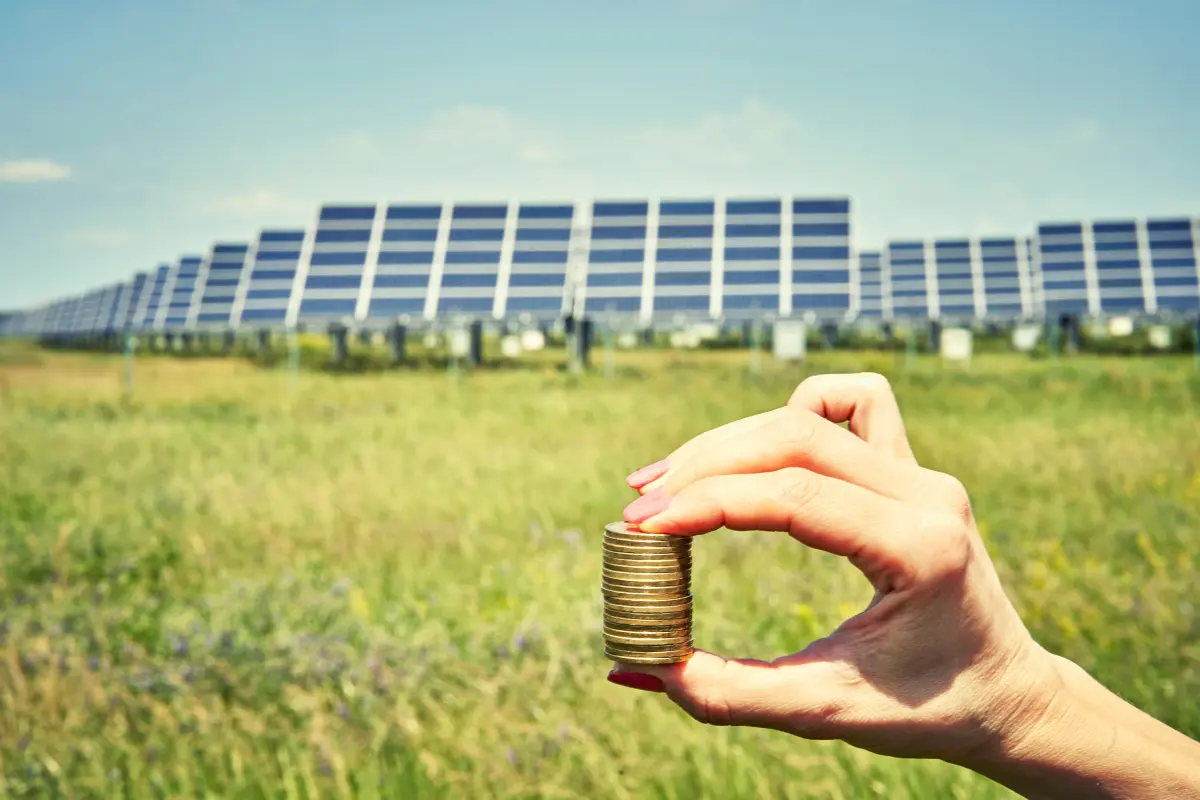Introduction: As the pursuit of clean and sustainable energy sources gains momentum, Sydney residents are increasingly turning to solar panels to power their homes and reduce their carbon footprint. Solar panels not only offer environmental benefits but also the potential for significant financial savings. In this blog post, we’ll explore how you can maximize your savings with solar panels in Sydney, from understanding the cost factors to making informed decisions about installation.
The Cost of Solar Panels
Before diving into the ways to maximize your savings with solar panels in Sydney, it’s essential to grasp the various cost factors associated with solar panels.
Upfront Costs
The initial investment in solar panels can vary widely based on several factors, including the size of the system, the type of panels you choose, and installation costs. It’s crucial to determine your budget and financing options to make an informed decision.
Incentives and Rebates
Sydney offers several government incentives and rebates to encourage solar panel adoption. These incentives can significantly reduce your upfront costs and improve the return on your investment. Some of the most notable programs include Small-scale Technology Certificates (STCs) and the New South Wales (NSW) Home Battery Scheme.
Financing Options
If the upfront cost of solar panels is a concern, you have various financing options to explore. These may include solar loans, solar leases, or power purchase agreements (PPAs). Each option has its pros and cons, so it’s essential to compare them and choose the one that aligns with your financial goals.
Sizing Your Solar Panel System
To maximize your savings with solar panels in Sydney, it’s crucial to determine the right system size for your needs.
Assess Your Energy Consumption
Start by assessing your household’s energy consumption. Review your electricity bills to understand your average monthly usage. This information will help you determine the size of the solar panel system required to meet your energy needs.
Consider Future Growth
Think about your future energy needs. If your household is expected to grow or if you plan to add energy-intensive appliances, it’s wise to size your system accordingly to ensure long-term savings.
Professional Assessment
Consulting with a professional solar installer is crucial in accurately sizing your solar panel system. They will consider factors like roof orientation, shading, and local weather conditions to optimize your system’s efficiency.

Solar Panel Placement and Orientation
The placement and orientation of your solar panels can significantly impact their energy production.
Roof Orientation
In the Southern Hemisphere, including Sydney, north-facing roofs receive the most sunlight throughout the day, making them ideal for solar panel installation. However, east and west-facing roofs can also be viable options, depending on your energy needs and roof structure.
Shading
Minimize shading on your solar panels as much as possible. Even partial shading can reduce energy production, so trim overhanging branches or consider shade-tolerant panel technologies if shading is unavoidable.
Tilt and Angle
The angle at which your panels are installed can affect their efficiency. Solar panels in Sydney are typically tilted at an angle equivalent to the city’s latitude (around 34 degrees). However, this angle can vary based on your specific location and roof design.
Solar Panel Efficiency and Technology
To maximize your savings with solar panels in Sydney, it’s essential to choose the right solar panel technology.
Panel Efficiency
Solar panels come in various efficiencies. High-efficiency panels capture more sunlight and generate more electricity per square meter. While these panels may cost more upfront, they can yield better long-term savings.
Monocrystalline vs. Polycrystalline Panels
Monocrystalline panels tend to be more efficient than polycrystalline panels but are also pricier. Consider your budget and energy needs when choosing between these two types.
Battery Storage
Battery storage systems allow you to store excess energy generated during the day for use during the night or during power outages. While batteries add to the upfront costs, they can maximize your savings with solar panels in Sydney by reducing reliance on the grid.

Maintenance and Monitoring
Proper maintenance and monitoring of your solar panel system are essential to ensuring its longevity and optimal performance.
Regular Cleaning
Keep your solar panels clean from dust, debris, and bird droppings. Dirty panels can reduce energy production.
System Monitoring
Invest in a monitoring system that tracks your system’s performance. This allows you to detect and address any issues promptly, ensuring your system operates at peak efficiency.
Professional Inspections
Schedule regular inspections by a qualified technician to assess the condition of your solar panels, wiring, and inverters. Catching problems early can prevent costly repairs.
FAQs: Answering Your Solar Panel Questions
The payback period for solar panels in Sydney can vary based on factors like system size, energy consumption, and available incentives. On average, homeowners can expect to recoup their investment within 5 to 8 years.
Yes, you can sell excess energy back to the grid through a process known as feed-in tariffs (FiTs). The rates for FiTs can vary, so it’s essential to check with your electricity retailer for the current rates.
Solar panels can still generate electricity on cloudy or rainy days, although their efficiency may be reduced. They rely on daylight rather than direct sunlight, so they will produce some power even in less ideal weather conditions.
While solar panels are relatively low-maintenance, there may be occasional costs for cleaning, inspections, and any necessary repairs. These costs are generally minimal compared to the long-term savings.
Yes, there are tax incentives available, such as the Small Business Instant Asset Write-Off, which allows small businesses to deduct the cost of solar panels from their taxable income.

Conclusion
Maximizing your savings with solar panels in Sydney requires careful consideration of factors like cost, system size, technology, and maintenance. By making informed decisions and taking advantage of available incentives, you can enjoy the financial benefits of clean, renewable energy while contributing to a more sustainable future for Sydney and beyond.

